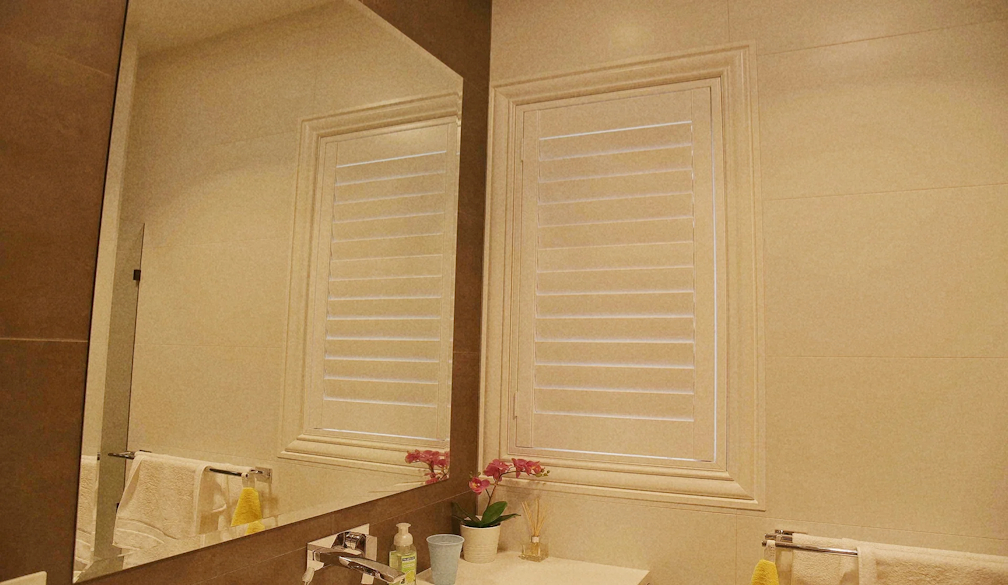Homeschooling vs. Traditional Schooling: What’s Best for Your Child?

In the evolving landscape of education, parents face a pivotal choice: homeschooling or traditional schooling. Each model presents unique benefits and challenges, influencing not just academic growth but also social development and family dynamics. In the points below, we cover the key aspects of both educational pathways to help you decide the best option for your child’s learning journey.
Traditional Schooling: A Broad Overview
Traditional schooling, also known as formal education, occurs in public, private, or charter schools. It’s characterised by a structured environment where children learn under the guidance of certified teachers. This model offers a standardised curriculum across subjects like mathematics, science, languages, and social studies.
Pros of Traditional Schooling:
- Socialisation: Children interact with peers across various backgrounds, helping them develop interpersonal skills.
- Extracurricular Opportunities: Schools often provide diverse activities, from sports to arts, which are crucial for holistic development.
- Specialised Resources: Access to libraries, science labs, and technology enhances the learning experience.
Cons of Traditional Schooling:
- Less Flexibility: The fixed schedule of traditional schools may not suit every student’s learning pace or interest.
- Variable Quality: Depending on geographic and economic factors, the quality of education and resources can vary significantly between schools.
Homeschooling: A Personalised Approach
Homeschooling involves education at home under the parent’s or a tutor’s supervision. It allows for a customisable educational experience tailored to a child’s specific needs.
Pros of Homeschooling:
- Customised Learning: Parents can tailor the curriculum to fit the child’s learning style and pace.
- Flexible Scheduling: Homeschooling can adapt to the family’s lifestyle and schedule, making it ideal for travel or managing other commitments.
- Strong Family Bonds: This model often strengthens family relationships as parents actively participate in their child’s education.
Cons of Homeschooling:
- High Responsibility: Parents must commit significant time and resources to effectively homeschool their children.
- Limited Social Interaction: Without proactive effort, homeschooled children may face fewer opportunities for social engagement.
Which is Right for Your Child?
Choosing between homeschooling and traditional schooling depends largely on your child’s needs, your family’s lifestyle, and the resources available to you. Here are a few factors to consider:
- Learning Style and Pace: If your child thrives in a more individualised learning environment, homeschooling might be beneficial. Conversely, traditional schooling offers more structured, diverse learning settings.
- Social Needs: For children who benefit from regular interaction with peers, traditional schools provide a natural environment for social development.
- Parental Involvement: Assess whether you can realistically provide the time and energy required for homeschooling.
Integrating Faith and Education
For many families, integrating faith into education is crucial. A family Catholic school can be an excellent option, blending academic rigour with spiritual growth. These schools support not just educational development but also instil values that align with the Catholic faith, offering a comprehensive approach to child development.
Which type of schooling best suits your child’s needs?
The decision between homeschooling and traditional schooling is multifaceted and deeply personal. It’s important to evaluate all aspects of your child’s needs – academic, social, and emotional – to make an informed choice that best supports their growth and happiness. Engage in thorough research, visit local schools, and perhaps meet with homeschooling families. With careful consideration, you can find the educational path that lights the way to a bright future for your child.









